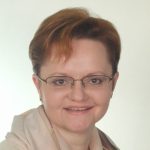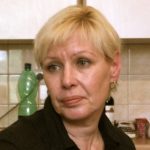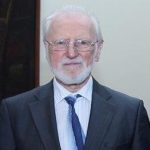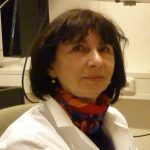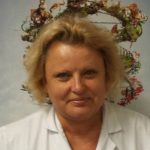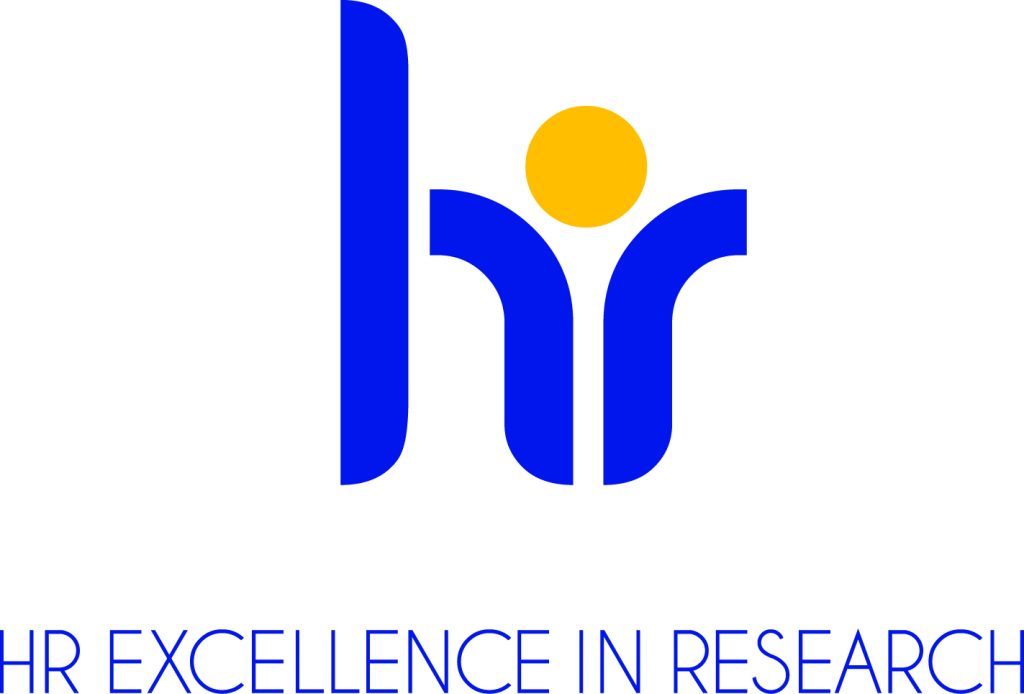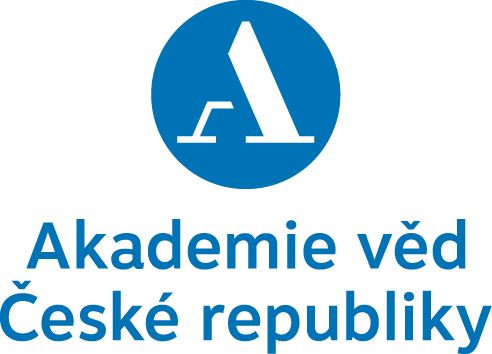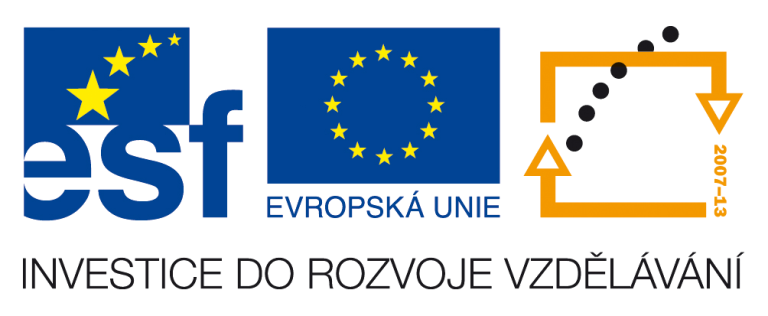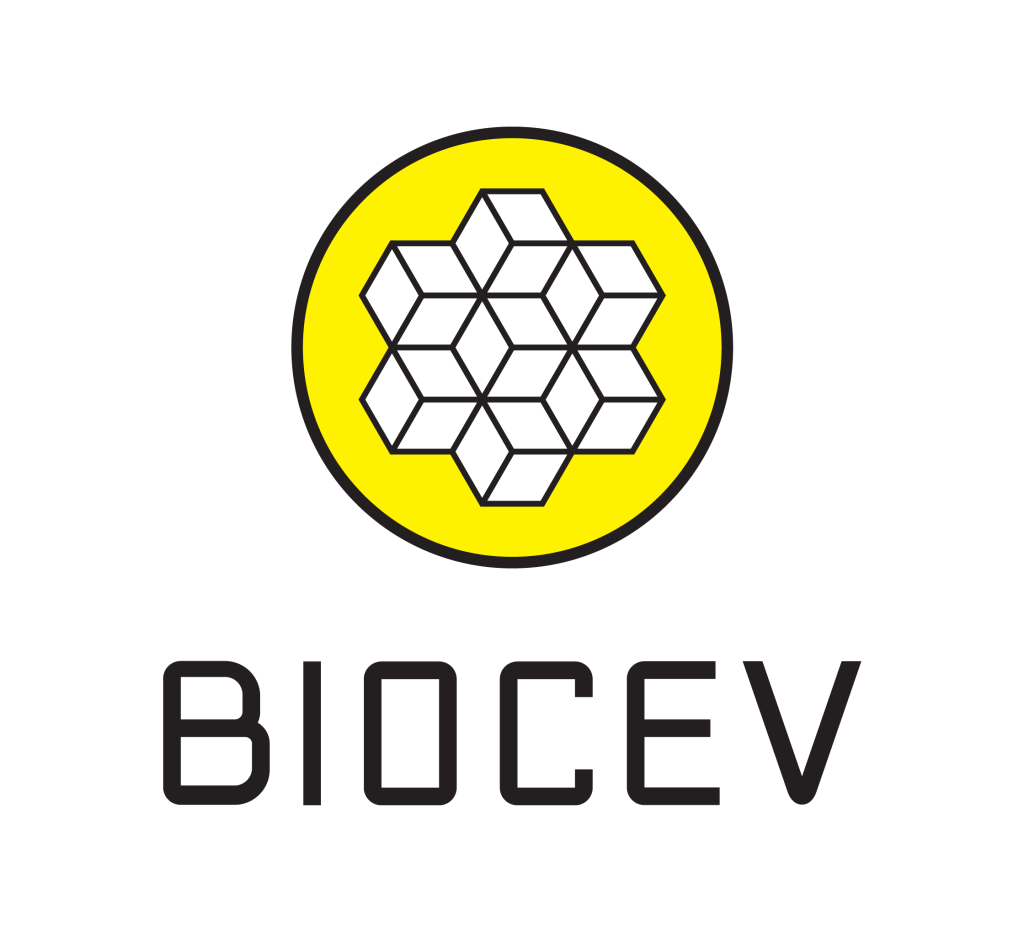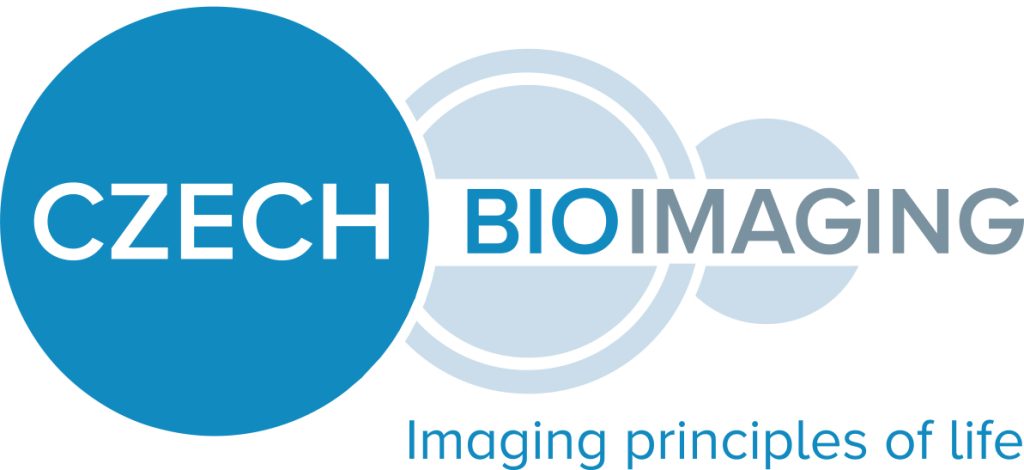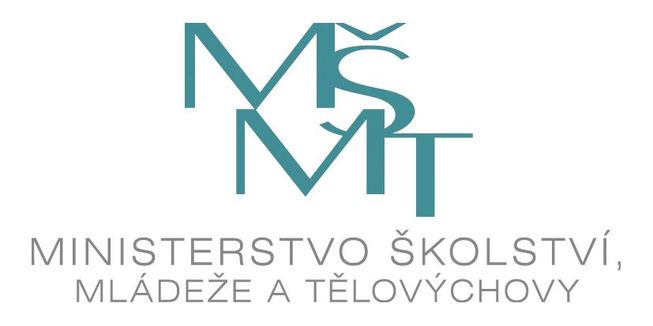Laboratory of Developmental Epileptology

Content of this page
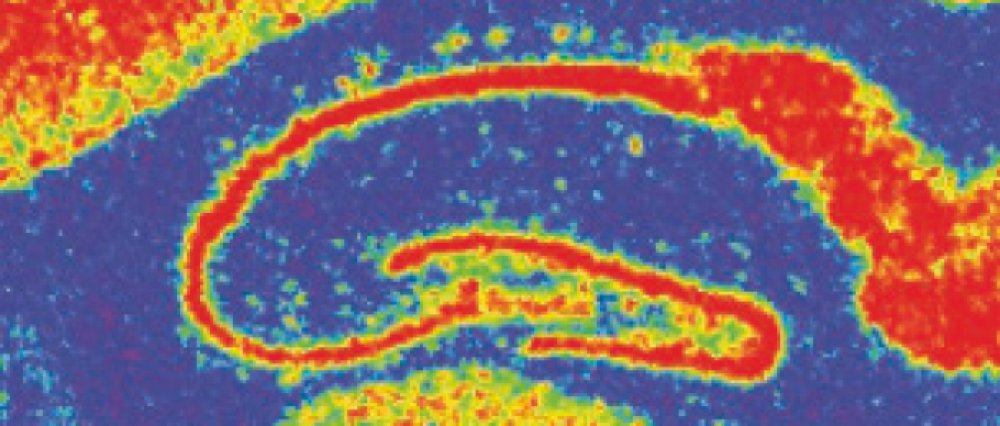
About the Laboratory
The research at our Laboratory focuses on the pathophysiology of epilepsy and epileptic seizures in adulthood and particularly in the developing brain. In our research we are utilizing modern electrophysiological, imaging, biochemical and pharmacological techniques. To elucidate the cellular and network mechanisms involved in epilepsy and to increase the translational potential of new observations we are using extensively chronic models of acquired epilepsy and also genetic models and also collaborate with leading epilepsy centres.
Pro náš výzkum požíváme interdisciplinární přístup zahrnující postupy molekulární biologie, neuropatologie, elektrofyziologie i behaviorální metody.
Our primary research topics are:
- Consequences of brain injury during early stages of the brain development
- Mechanisms responsible for seizure initiation and termination.
- Impact of seizures on the developing brain
- Development of new diagnostic techniques of epilepsy
- Cognitive and behavioural consequences of epilepsy
- The role of oxidative stress in pathogenesis of epilepsy and seizures during the development
- Impact of antiepileptic therapy of the brain development
- Age-specific mechanisms of seizure initiation and propagation
Projects
Achievements
European Epileptology Award 2016 for prof. Pavel Mareš
Epileptology European Award 2016 was awarded prof. Pavel Mareš.
The European Epileptology Award is awarded every two years by the ILAE Commission on European Affairs (CEA) to European epileptologists in recognition of their outstanding contributions to European epileptology. It´s awarded to one clinical and one experimental epileptologist. Award-winning clinical epileptologist is prof. Federico Vigevano (Italy).
Collaborators
19.3. 2014
Centrum pro epilepsie Motol (doc. Marusič, doc. Kršek)
Fakulta elektrotechnická ČVUT (doc. Čmejla, doc. Lhotská, Ing. Klíma)
Ústav informatiky AV ČR (dr. Paluš, dr. Hlinka)
Ústřední vojenská nemocnice (prof. Beneš, dr. Vaněk)
ISARG Prague
Mayo Clinic, USA (prof. Worrell)
University of Birmingham, UK (prof. Jefferys)
Technische Universität Berlin (prof. Schoell)
Institute fo Neurophysiology, Charite, Berlin (Assoc. Prof. Kovacs, Prof. Heinemann)
The Chaim Sheba Medical Center (Dr. Maggio)
University of Eastern Finland (prof. Pitkanen)
David Geffen School of Medicine at UCLA, USA (prof. Wasterlain, prof. Sankar)
Center for Research and Advanced Studies, Mexico (dr. Rocha)
Institute of Neurobiology, Bulgarian Academy of Sciences (assoc.prof.Tchekalarova)
Publications
Škurlová; M. - Holubová; K. - Kletečková; L. - Kozák; T. - Kubová; Hana - Horáček; J. - Valeš; K. Chemobrain in blood cancers: How chemotherapeutics interfere with the brain’s structure and functionality; immune system; and metabolic functions. Medicinal Research Reviews. 2024; 44(1); 5-22.
IF = 10.9

